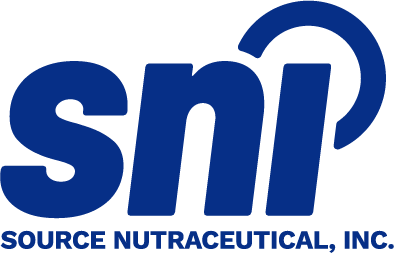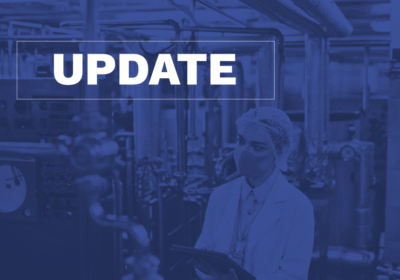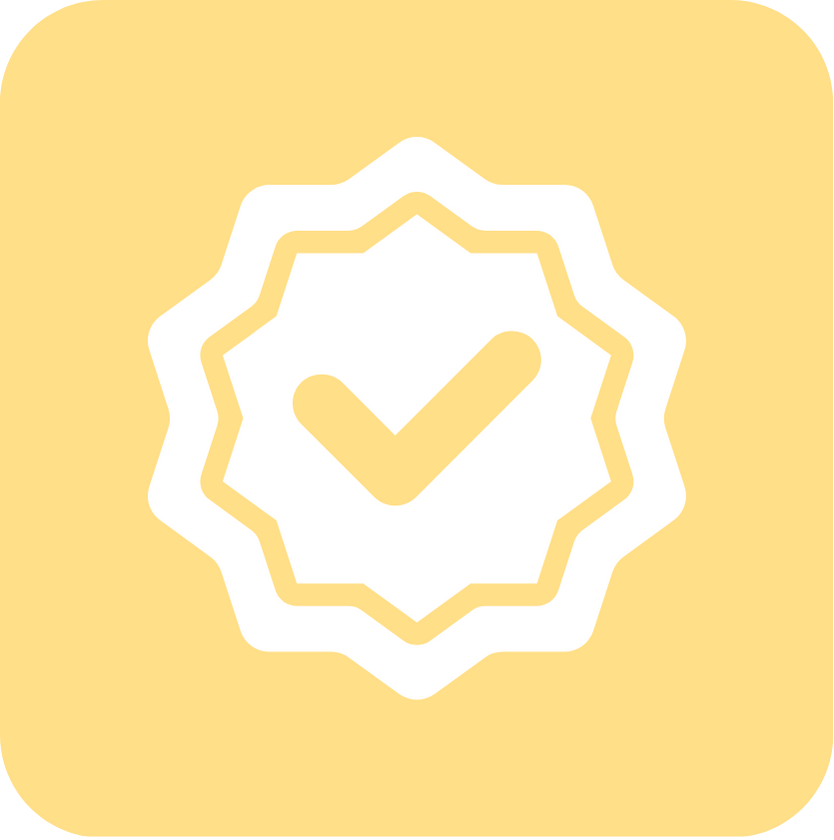
In the Canadian natural health product (NHP) industry, Good Manufacturing Practices (GMP) are not only a regulatory requirement but also a fundamental part of ensuring consumer safety, product quality, and trust. At the heart of GMP compliance is the Quality Assurance Person for NHPs (QAP). This individual is critical in confirming that all manufacturing, packaging, labelling, and importing activities meet Health Canada’s expectations.
Companies operating in the NHP space are required by law to appoint a QAP for NHPs at each site where activities take place. Whether based in Canada or abroad, every licensed site must designate someone who understands the regulatory landscape and can enforce quality protocols effectively. This article will explore the responsibilities of the QAP, their role in supporting GMP compliance, and why investing in the right person for this role is vital for NHP companies.
Understanding the Role of the Quality Assurance Person for NHPs
The Quality Assurance Person for NHPs is tasked with ensuring that every batch of product meets all applicable specifications before it is released for sale. This involves reviewing product documentation, validating test results, and confirming that processes have been followed as required by the GMP. For imported products, the QAP must review all testing documentation before the product arrives in Canada to ensure it complies with Canadian regulations.
The presence of a QAP is mandatory, and their signature is often required before any product can be sold or distributed. The QAP serves as a final checkpoint to verify that the NHP is safe, effective, accurately labelled, and produced under compliant conditions
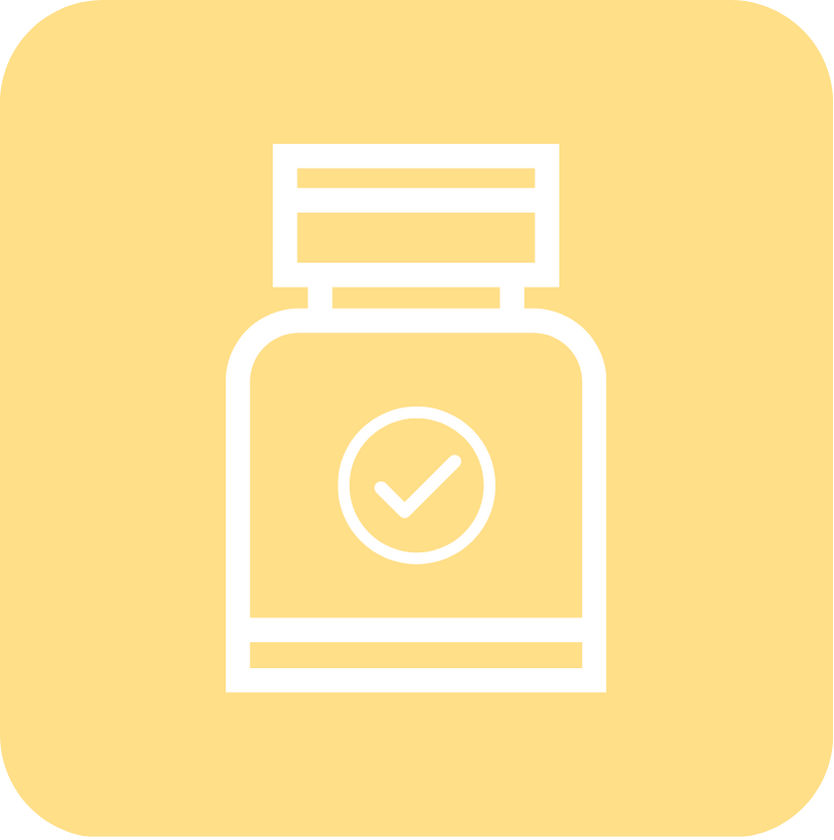
Core Responsibilities of a QAP for NHPs
Establishing and Maintaining a Quality Management System

One of the main responsibilities of the QAP is to create and oversee a Quality Management System (QMS), which serves as the backbone of compliance and product quality in the natural health product sector. This system provides a structured approach to maintaining product quality throughout its lifecycle by integrating essential components such as standard operating procedures (SOPs), employee training programs, document control practices, and internal audits.
For example, when a mid-sized natural health product manufacturer in Calgary decided to expand its product line to include liquid herbal extracts, the QAP quickly identified that the existing QMS did not adequately address the complexities of liquid formulations. In response, the QAP led the development of tailored SOPs for ingredient weighing, equipment sanitization, and microbial testing specific to the new product category. They also organized specialized training sessions for production staff and updated the document control protocols to capture all changes accurately. Thanks to the QAP’s proactive efforts, when Health Canada later conducted a routine inspection, the company’s robust and well-maintained QMS helped them pass without a single observation, reinforcing the importance of a dynamic and well-managed system.
A well-implemented QMS not only prevents errors and ensures consistency but also provides traceability and the necessary documentation to demonstrate compliance during regulatory audits and inspections. The QAP’s leadership in maintaining and continuously improving the QMS is therefore vital to the long-term success and regulatory standing of any NHP operation in Canada.
Raw Material Qualification and Supplier Oversight
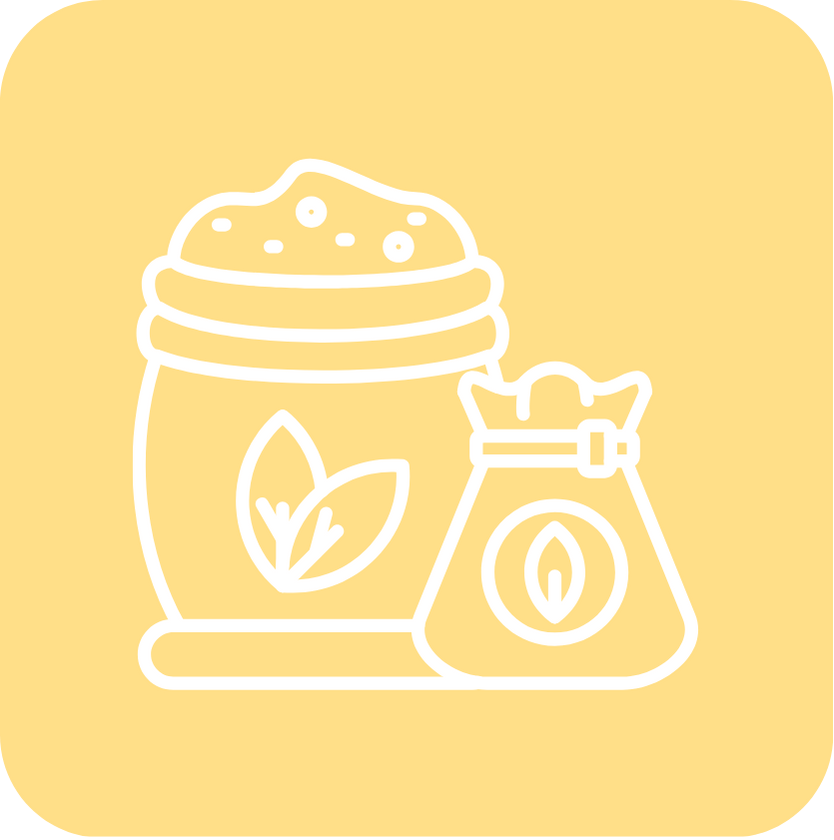
The quality of any natural health product begins with its raw materials. The QAP is responsible for verifying that all ingredients meet the required identity, potency, and purity specifications according to the product licence and NHP regulations. This often includes:
- Reviewing Certificates of Analysis for each lot
- Ensuring testing is conducted using validated methods
- Confirming that raw materials meet applicable monograph or pharmacopoeial standards
The QAP must also ensure that suppliers are qualified through audits or document review. This includes assessing their ability to consistently provide materials that comply with GMP requirements. Working with reliable suppliers is critical to maintaining product quality and avoiding costly recalls or regulatory actions.
Process Validation and GMP Oversight

Manufacturing processes must be validated to show that they consistently produce products that meet specifications. The QAP ensures that all equipment is calibrated, operators are trained, and each step in the process is controlled and documented.
This includes monitoring environmental conditions, cleaning procedures, and in-process testing. When processes are validated, there is less risk of variation or contamination. A validated process also provides peace of mind that each batch meets the required standards.
Reviewing and Approving Production Records

Every product batch must be accompanied by detailed batch production records. These records document the entire production process from start to finish. The QAP reviews these records to verify:
- Adherence to the master batch record
- Completion of in-process checks
- Documentation of any deviations or issues
- Approval of final product specifications before release
Health Canada requires that batch records be retained for at least one year after the product’s expiry date. These records must be complete, accurate, and available for regulatory inspection.
Finished Product Testing and Documentation
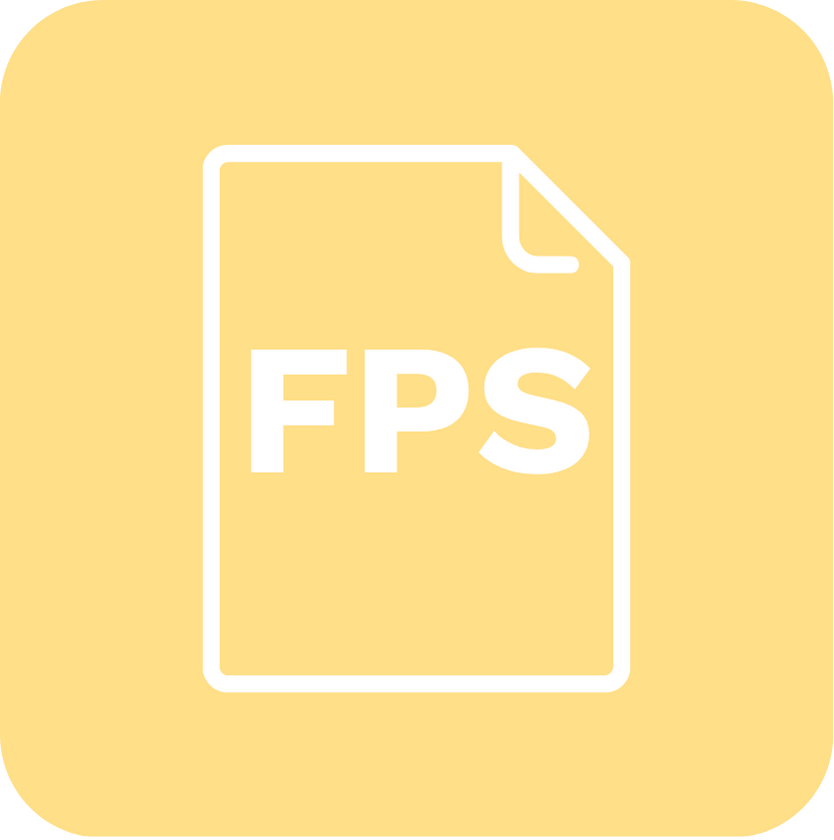
The QAP ensures that each batch of product is tested before it is released. This includes testing for:
- Identity and purity
- Potency or active ingredient content
- Microbial and heavy metal contamination
- Other applicable specifications based on the product licence
Testing must be conducted using validated methods and performed by qualified personnel. The results are documented in a Certificate of Analysis that must support all claims on the product label and the Finished Product Specifications (FPS) submitted at the time of licensing.
The QAP is responsible for confirming that the product meets all these requirements before it reaches consumers.
Stability Testing and Shelf-Life Verification

Stability testing is necessary to establish a valid expiry date of NHPs. The QAP oversees these studies and ensures they are conducted under proper conditions, meeting stringent requirements outlined in quality guides or pharmacopoeias. Stability data must support the entire shelf life of the product and confirm that it maintains its potency, purity, and integrity over time.
If a product does not have valid stability data, it cannot legally be sold. The QAP ensures that expiry dates are based on real scientific evidence, not estimates.
Managing Complaints, Deviations, and Recalls
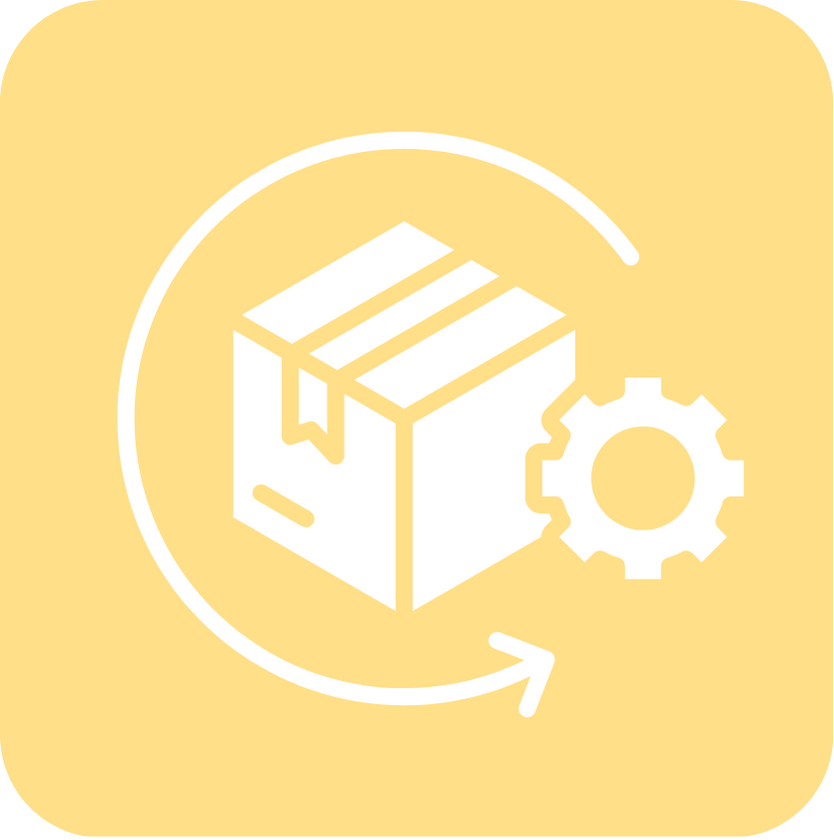
If a product fails to meet specifications or a customer reports a problem, the QAP investigates the issue and determines the appropriate course of action. This includes documenting the deviation, conducting a root cause analysis, and implementing corrective and preventive actions.
If a recall is necessary, the QAP must notify Health Canada within three calendar days of initiating the recall. The QAP also coordinates the recall, ensures affected product is removed from the market, and submits final reports to regulators.
The QAP’s leadership in these situations is vital to protecting consumers and maintaining the company’s reputation.
Conducting Internal Audits and Driving Improvement
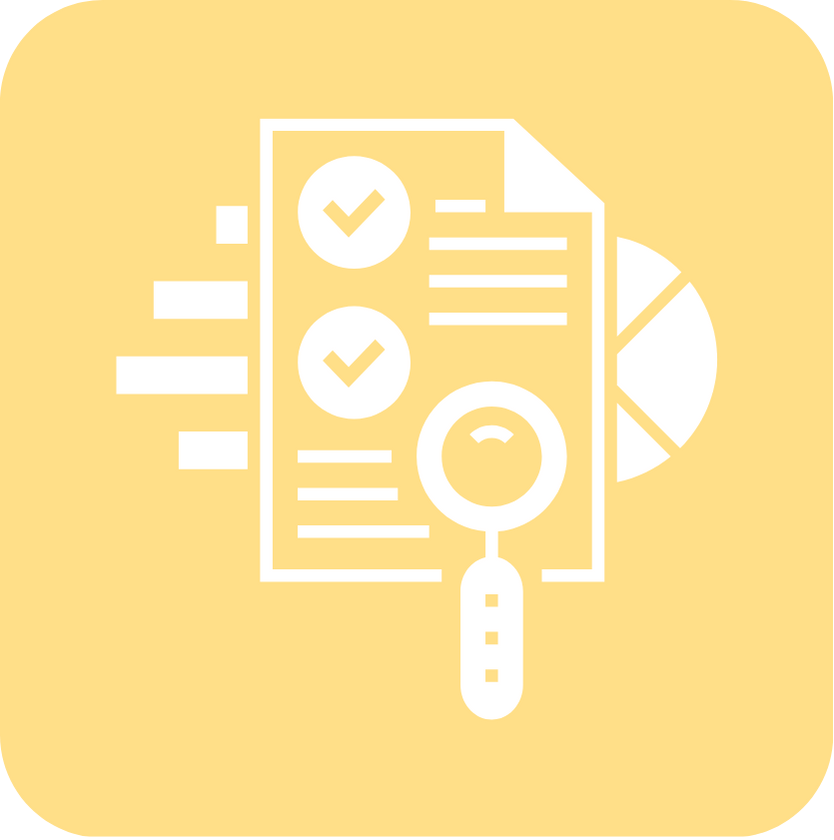
Internal audits are conducted regularly to evaluate compliance with SOPs and GMP standards. The QAP leads these audits and provides feedback to the management team. These audits help identify areas of non-compliance, training needs, or opportunities for process improvement.
By maintaining a proactive approach to quality, the QAP supports a culture where continuous improvement is not just encouraged but expected.
The Broader Importance of GMP in the NHP Industry
GMP is essential for ensuring the safety, quality, and consistency of NHPs. Without strong GMP practices, there is an increased risk of contamination, mislabelling, or ineffective products reaching consumers. These issues can result in recalls, regulatory actions, and loss of consumer trust.
Compliance with GMP requirements is not simply a regulatory formality. It demonstrates that a company is committed to delivering safe and effective products. Having a dedicated QAP for NHPs helps build confidence across all levels of the supply chain.
Whether you are manufacturing products in-house or importing them from abroad, your QAP is the person who ensures that products meet Canadian standards before they ever reach the shelf.
How to Select the Right QAP for Your Business
The ideal Quality Assurance Person for NHPs is someone with a strong background in natural health products, regulatory compliance, and quality systems. This individual should understand Health Canada’s expectations, be comfortable with technical documentation, and have experience interpreting Certificates of Analysis and laboratory data.
Importers, in particular, must ensure their QAP is capable of reviewing foreign documentation and confirming that it meets Canadian regulatory requirements.
Some companies may choose to hire an in-house QAP, while others may contract a third-party expert. Either way, the person must be clearly designated, qualified, and available to carry out their responsibilities.

Building a Culture of Quality

The presence of a QAP for NHPs signals that a company takes its responsibilities seriously. It also sets the tone for a culture where quality is everyone’s responsibility. The QAP can help train staff, improve procedures, and advocate for investments in quality systems.
Companies that prioritize quality at all levels tend to perform better during inspections, build stronger relationships with retailers, and foster consumer loyalty.
Final Remarks
A strong Quality Assurance Person for NHPs is not just a regulatory requirement. This individual is your safeguard against risk, your guide to compliance, and your champion of quality. The QAP ensures that every product released to the Canadian market is safe, effective, and compliant with Health Canada’s regulations.
As the natural health product industry continues to grow, so too does the need for strong quality oversight. Investing in a qualified QAP for NHPs is one of the most important decisions a company can make.
If you need support developing your GMP program, qualifying a supplier, or understanding your responsibilities under the Natural Health Products Regulations, working with an experienced QAP can help you navigate the regulatory landscape with confidence.
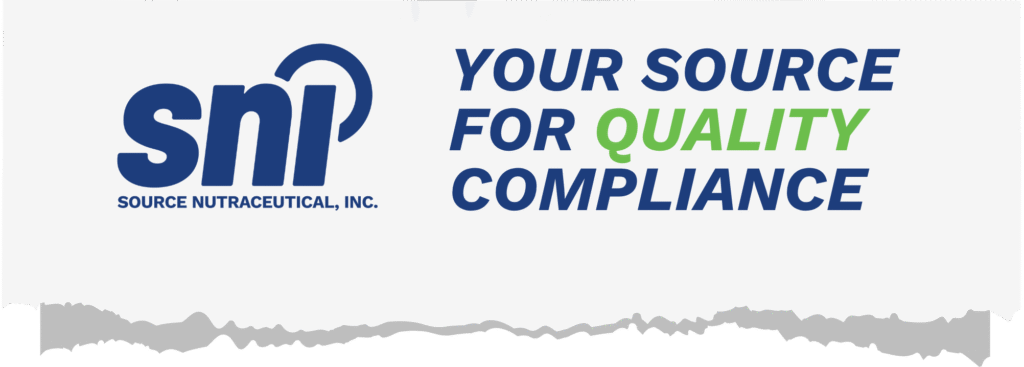
Looking for a qualified QAP for your Natural Health Products (NHPs) business? SNI offers trusted third-party Quality Assurance Person (QAP) services designed to meet all regulatory requirements. Our experienced team provides cost-effective and flexible solutions, whether you need ongoing support or assistance during audits, product launches, or inspections.
As third-party QAPs, we are able to serve multiple companies while ensuring full GMP compliance and a strong Quality Management System. Let SNI help you stay on track with your compliance goals and focus on growing your brand.
💡 Book a discovery call today to streamline the process and succeed in the Canadian market!
📩 info@sourcenutra.com
FAQs
What qualifications are required to become a QAP for NHPs?
A QAP must possess relevant education, training, and experience related to the activities conducted and the requirements of the Natural Health Products Regulations. This includes knowledge of GMPs and quality assurance principles .
Can a third-party auditor serve as a QAP for multiple companies?
Yes, Health Canada recognizes third-party auditors as QAPs for multiple companies, provided they are qualified and can fulfill the responsibilities outlined in the regulations .
What is the role of the QAP in the importation of NHPs?
Importers must have a QAP who ensures that foreign manufacturers comply with Canadian GMP requirements. The QAP reviews testing documentation for each lot before it is released in Canada .
How does the QAP contribute to product stability and shelf-life determination?
The QAP oversees stability testing to verify that NHPs maintain their quality, safety, and efficacy throughout their shelf life. This supports label claims and ensures consumer confidence.
What actions must a QAP take during a product recall?
In the event of a recall, the QAP must notify Health Canada within three calendar days, inform customers and distributors, retrieve affected products, investigate the root cause, and implement corrective actions.
